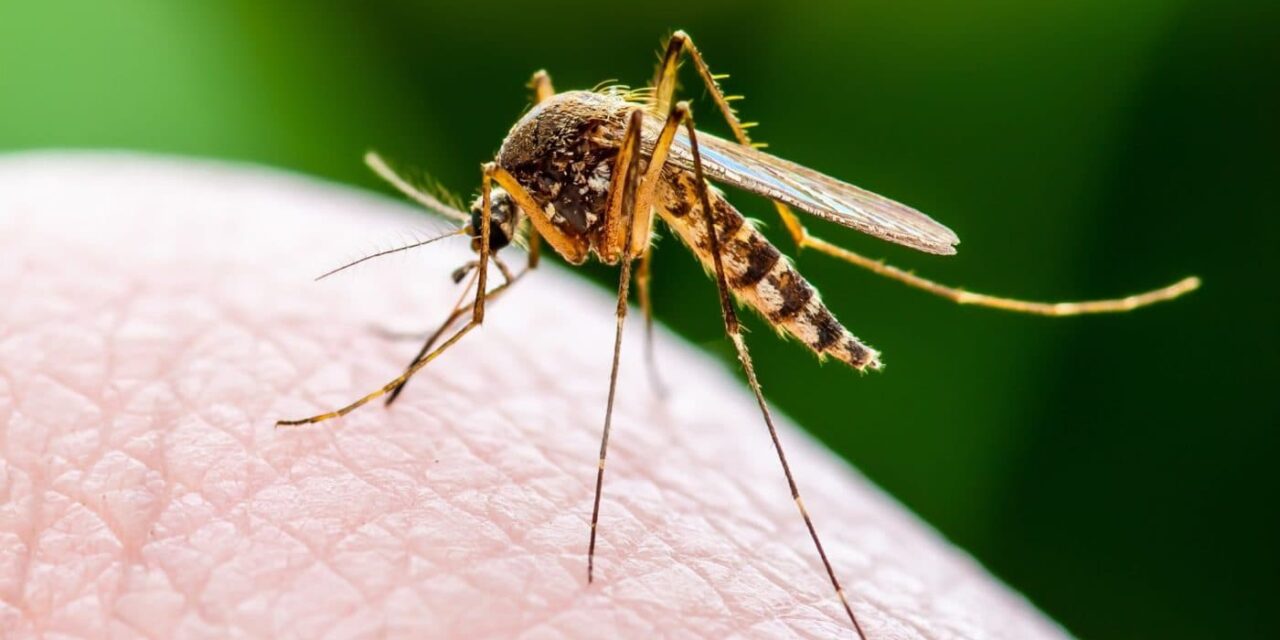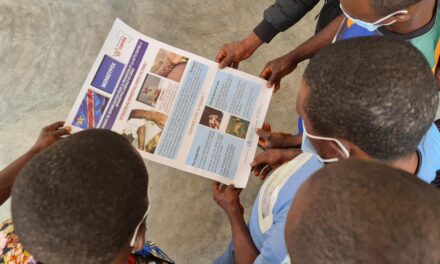With warm weather arriving across Australia, mosquito populations are surging, creating challenges for communities and health authorities alike. In Sydney, unusually large swarms are already causing disruptions. These buzzing nuisances are more than a simple annoyance—they pose significant public health risks.
To combat these risks, health authorities monitor mosquito populations nationwide, providing early warnings about disease outbreaks. But their resources are limited, leaving gaps in coverage. Enter citizen science, a solution that empowers everyday Australians to step up and contribute to critical research.
Citizen Scientists Take the Lead
Citizen science—where non-scientists collaborate with professionals to collect data—has become an essential tool in research. The Mozzie Monitors program, launched by the University of South Australia in 2018, exemplifies how the public can play an active role in protecting their communities.
Participants in the program set up affordable mosquito traps in their backyards, capturing and photographing mosquitoes. These images are then shared with researchers, who identify the species. With over 200 participants collecting more than 15,000 mosquitoes and uploading 8,000 photos, the program complements traditional monitoring methods, offering a cost-effective and scalable solution.
Australia’s Mosquito Problem
Australia is home to hundreds of mosquito species, but only about a dozen are of concern. Among these, the Australian backyard mosquito (Aedes notoscriptus) and the southern house mosquito (Culex quinquefasciatus) are common culprits.
Mosquito-borne diseases like Ross River virus infect thousands of Australians annually, causing debilitating symptoms. While rare, some viruses carried by mosquitoes can be deadly. Preventing bites and raising awareness about mosquito habitats remain crucial public health strategies.
Beyond Data Collection
The Mozzie Monitors program isn’t just about surveillance; it’s a learning experience. Participants report improved skills in mosquito identification and photography. Surveys reveal that involvement in the program often leads to long-term behavioral changes, such as increased backyard inspections and efforts to eliminate standing water—a known breeding ground for mosquitoes.
These small actions have a big impact, reducing the risk of mosquito-borne diseases for participants, their families, and their neighbors.
The Power of Citizen Science
Programs like Mozzie Monitors demonstrate the power of community involvement in scientific research. They provide essential data for researchers, while educating and equipping the public with the tools to protect themselves.
As mosquito numbers rise, citizens are encouraged to contribute by uploading observations to platforms like iNaturalist. This open-access database allows scientists to track mosquito species and better understand disease risks, paving the way for improved prevention and control measures.
By joining initiatives like Mozzie Monitors, Australians can turn their curiosity about these pests into meaningful action—keeping their families safe while supporting vital research.
This summer, when the familiar buzz of mosquitoes fills the air, consider turning your backyard into a hub for citizen science. Together, we can outsmart these tiny troublemakers and safeguard our communities.












